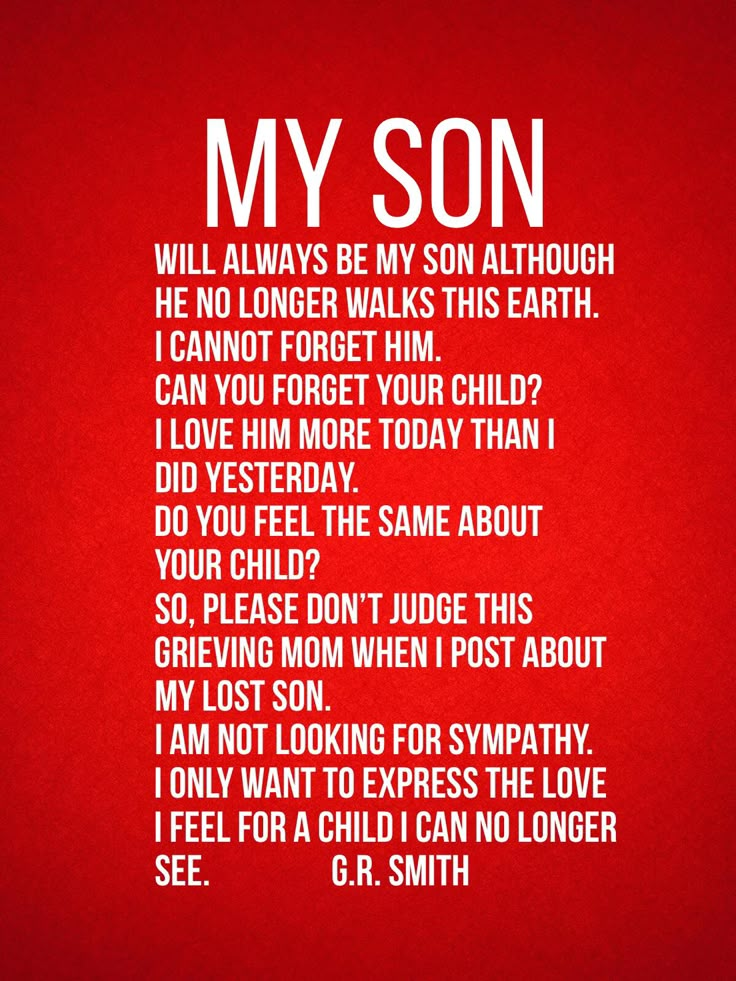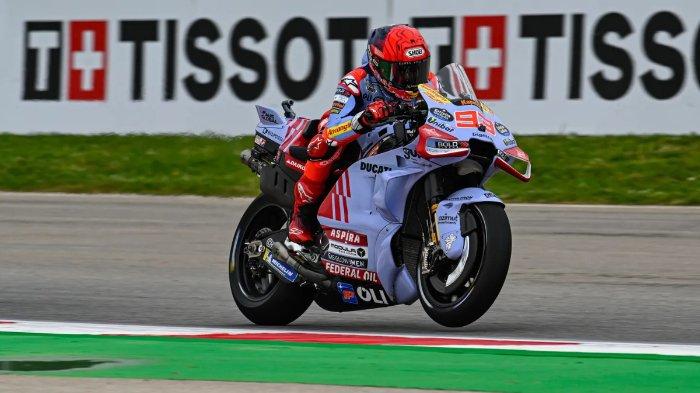A Father's Grief: Jonathan Peretz And His Son After A Year Of Loss

Table of Contents
The Crushing Weight of a Father's Grief
The death of a child is an unimaginable tragedy, but the grief experienced by fathers often presents unique challenges. Understanding the specific aspects of a father's grief is crucial for providing appropriate support and fostering healing.
The Uniqueness of Paternal Grief
While all grief is intensely personal, the experience of paternal grief differs significantly from that of mothers or other family members. Societal expectations often pressure fathers to suppress their emotions, leading to isolation and hindering the healing process.
- Loss of future expectations: Fathers often have specific dreams and plans for their children's futures. The loss of a child shatters these dreams, leaving a void that is incredibly difficult to fill.
- Societal pressures on stoicism: Traditional gender roles often discourage men from openly expressing their emotions, leading to feelings of shame and inadequacy when grieving.
- The burden of providing: Fathers often see themselves as protectors and providers. The loss of a child can intensify feelings of guilt and failure, adding another layer of complexity to their grief.
- Guilt and self-blame: Fathers may grapple with feelings of guilt, questioning whether they could have done anything to prevent their child's death.
Jonathan's Initial Response to Loss
Jonathan's initial reaction to his son's death was a wave of overwhelming shock and disbelief. The intensity of his grief was palpable; he describes it as a physical crushing weight, leaving him breathless and emotionally paralyzed.
- Shock: An initial numbness and inability to process the reality of the loss.
- Denial: A temporary refusal to accept the death, clinging to hope or unrealistic expectations.
- Anger: Intense rage directed at himself, others, or even a higher power.
- Despair: An overwhelming sense of hopelessness and emptiness.
- Physical symptoms: Sleeplessness, loss of appetite, exhaustion, and physical aches were constant companions in those early days.
Navigating the First Year: Stages of Grief and Coping Mechanisms
The first year after the loss of a child is an intensely challenging period. Grief is not linear; it's a rollercoaster of emotions, with moments of intense sadness interspersed with fleeting moments of peace. Understanding this non-linear nature is critical for navigating the journey.
The Rollercoaster of Emotions
The path of grief is unpredictable. One moment, Jonathan might find himself overcome with sorrow, while the next might bring a wave of bittersweet memories. These shifts are normal; it's crucial to allow oneself to feel the full spectrum of emotions without judgment.
- Moments of intense sadness: Periods of profound sorrow and despair are common and should be acknowledged and processed.
- Fleeting moments of peace: Brief respites from intense grief are important, offering a chance to recharge and find strength.
- The cyclical nature of grief: Grief often returns in waves, triggered by anniversaries, holidays, or everyday reminders.
- The importance of acknowledging all emotions: Suppressing emotions can hinder the healing process. It's vital to allow oneself to feel whatever arises.
Jonathan's Coping Strategies
Jonathan found solace in a variety of coping mechanisms. He sought professional therapy, found comfort in his faith, and discovered a creative outlet through journaling.
- Therapy: Talking with a therapist provided a safe space to process his emotions and develop healthy coping strategies.
- Support groups: Connecting with other bereaved fathers provided a sense of community and understanding.
- Religious practices: Prayer and meditation helped him find peace and acceptance.
- Journaling: Writing down his thoughts and feelings proved to be a powerful tool for self-reflection and emotional release.
- Connecting with nature: Spending time in nature brought a sense of calm and helped him reconnect with his spirituality.
The Enduring Bond: Remembering and Honoring His Son
Even in the midst of profound sorrow, the love for a lost child endures. Jonathan actively works to keep his son's memory alive, focusing on positive memories and celebrating his life.
Keeping Memories Alive
Jonathan keeps his son's memory alive through various meaningful actions.
- Sharing stories and photos: He regularly shares stories and photos of his son with family and friends, ensuring his memory remains vibrant.
- Creating memorials: He established a small memorial garden in his son's honor, a place for quiet reflection and remembrance.
- Establishing traditions in his son's honor: He has incorporated small traditions into his life to celebrate his son's birthday and other significant dates.
Finding Meaning in Loss
Jonathan's journey has led him to find meaning in his son's death. This experience has profoundly shaped his outlook on life.
- Discovering new purpose: The loss has driven him to dedicate himself to a cause close to his son’s heart.
- Increased empathy: His experience has instilled in him a deeper empathy for others experiencing loss.
- Strengthening existing relationships: He has deepened his bonds with his family and friends through shared grief and mutual support.
- Contributions to causes in his son's name: He contributes to a charity that supports families facing similar tragedies.
Conclusion
Jonathan Peretz's journey through father's grief highlights the unique challenges fathers face when losing a child. His experience underscores the importance of acknowledging the full range of emotions, seeking support, and finding healthy coping mechanisms. The enduring strength of a father's love, even in the face of unimaginable loss, is a testament to the power of the human spirit.
If you or someone you know is experiencing a father's grief, remember that you are not alone. Seek professional help, join support groups dedicated to father's grief, and allow yourself to grieve. Resources for support related to father's grief are readily available online and within your community. Find strength in sharing your experiences and understanding the complexities of a father's grief. The healing process takes time, and seeking help is a sign of strength, not weakness.

Featured Posts
-
 Release Gaza Captives Demand From Ex Idf Women
May 26, 2025
Release Gaza Captives Demand From Ex Idf Women
May 26, 2025 -
 Moto Gp Argentina 2025 Tanggal Waktu And Jadwal Sprint Race
May 26, 2025
Moto Gp Argentina 2025 Tanggal Waktu And Jadwal Sprint Race
May 26, 2025 -
 Link Live Streaming Moto Gp Inggris 2025 Saksikan Sprint Race Pukul 20 00 Wib
May 26, 2025
Link Live Streaming Moto Gp Inggris 2025 Saksikan Sprint Race Pukul 20 00 Wib
May 26, 2025 -
 What Is A Flash Flood Emergency And How To Stay Safe
May 26, 2025
What Is A Flash Flood Emergency And How To Stay Safe
May 26, 2025 -
 Vozachi Na Mertsedes Kazneti Pred Trkata Vo Bakhrein
May 26, 2025
Vozachi Na Mertsedes Kazneti Pred Trkata Vo Bakhrein
May 26, 2025
